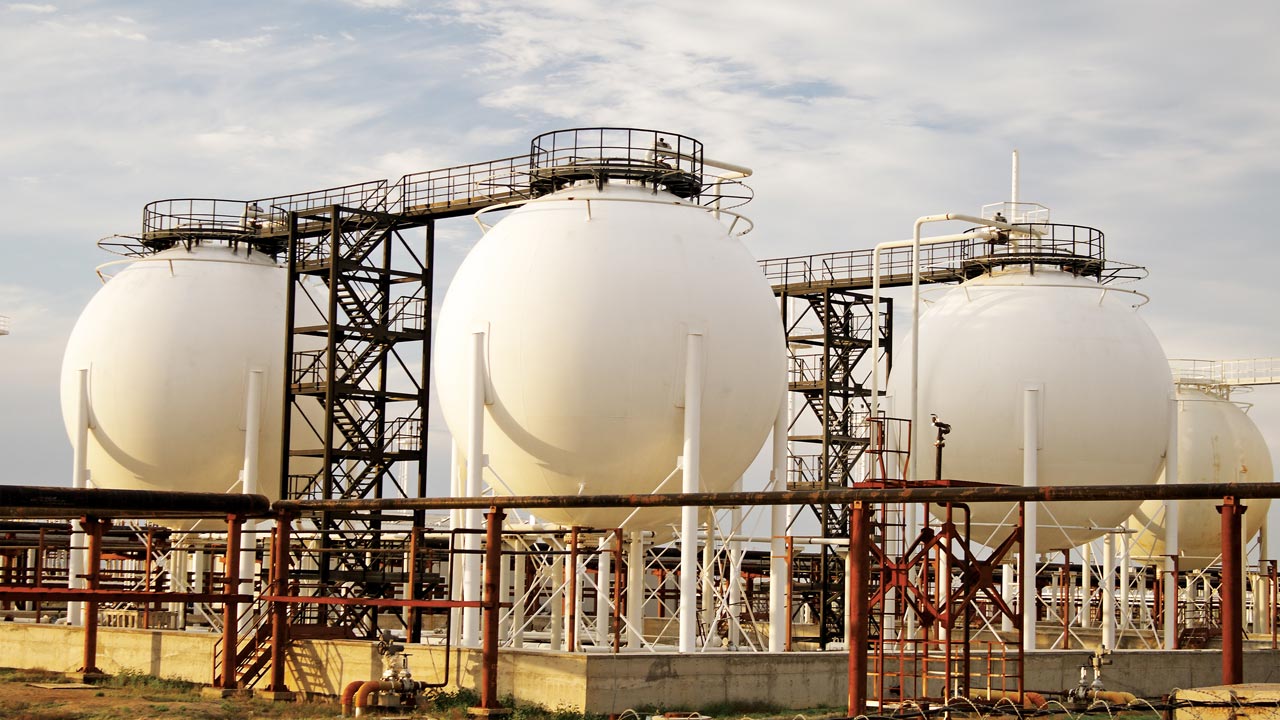- Ghana Owes $160m for Gas Supply from Nigeria
Ghana owes a total of $160m for gas supplied to its largest power producer, Volta River Authority, from Nigeria through the West Africa Gas Pipeline, our correspondent has learnt.
N-Gas Limited, a company owned by the Nigerian National Petroleum Corporation, Chevron and Shell, buys gas from oil companies in Nigeria and transport it to Ghana through the $1bn WAGP.
The pipeline, which is operated by the West Africa Pipeline Company Limited, was built to supply natural gas from Nigeria to customers in Benin, Togo and Ghana.
N-Gas has an off-take agreement with Ghana to supply 120 million standard cubic feet of gas per day to the VRA. But supply to the country had fallen short of the contractual volume in recent years.
“There is a current arrangement between the gas suppliers and the off-taker that the volume will be 60mmBtu,” the General Manager, Corporate Affairs, West Africa Gas Pipeline Company Limited, Harriet Wereko-Brobby, told our correspondent in response to questions sent via a text message.
She said the off-taker (VRA) had established a payment security arrangement for gas consumed to halt “debt accumulation going forward.”
“There is still an outstanding debt of around $160m to be paid to the supplier, N-Gas, and it is expected that about $30m will be paid shortly,” Wereko-Brobby added.
GhanaWeb recently reported that the volume of gas supplied to Ghana from Nigeria for power production had reduced by about 50 per cent.
It said the situation had been attributed to the inability of Ghana to settle its long-standing debts as stipulated in the gas supply contract, and vandalism of gas pipelines in Nigeria.
The Board Chairman, VRA, Kweku Awotwi, was quoted to have said, “We are at about half of what we have been contractually promised, which is not good enough. There are many reasons for that: the vandalism of pipelines and the fact that we have not paid our bills. We owe them about GH180m; what do you expect them to do?
“Now, we are getting the gas because the VRA is pre-paying for that gas. We are putting in Letters of Credit to get the gas.”
In 2016, Nigeria saw a resurgence of militant attacks in the Niger Delta that caused the nation’s oil production to plummet to a near 30-year low and disrupted gas supply to power plants.
Commenting on the debt owed by Ghana for the supply of gas through the pipeline in May last year on the sidelines of an event in Badagry, the Managing Director, WAPCo, Mr. Walter Perez, told our correspondent, “We are delivering gas now because we have put arrangement in place for Ghana to prepay for the deliveries that they receive, and so that is working. We have every expectation that this will continue to work.”

 Naira4 weeks ago
Naira4 weeks ago
 Naira4 weeks ago
Naira4 weeks ago


 Naira4 weeks ago
Naira4 weeks ago




 Naira3 weeks ago
Naira3 weeks ago
 Commodities4 weeks ago
Commodities4 weeks ago


 News4 weeks ago
News4 weeks ago


 Banking Sector4 weeks ago
Banking Sector4 weeks ago
 Travel4 weeks ago
Travel4 weeks ago
























